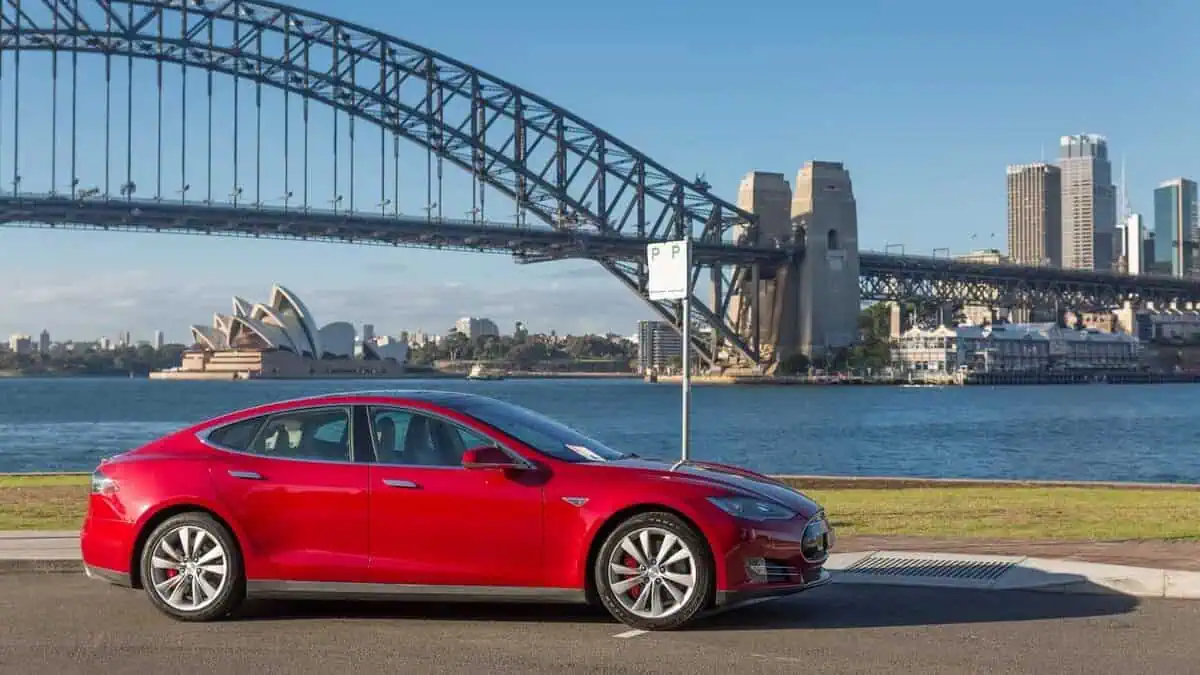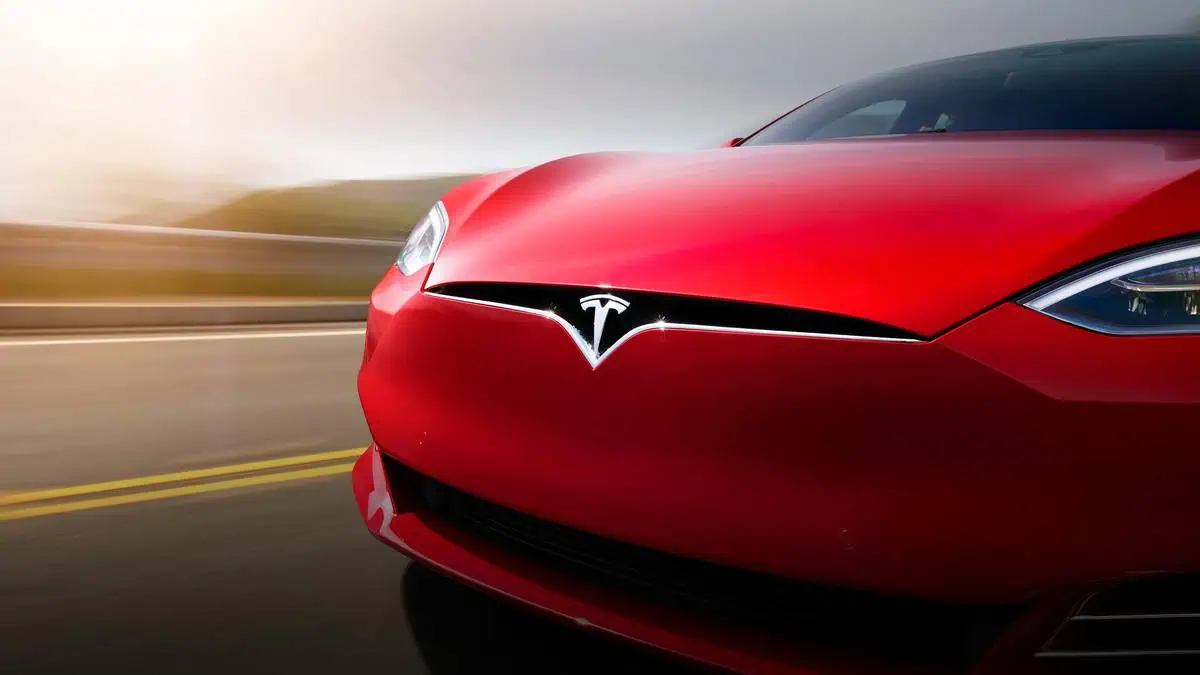The wide adoption of electric vehicles has been continuously progressing as governments worldwide promote them to combat environmental issues such as climate change.
In effect, countries like Australia are now enjoying upward trends in their EV sales compared to last year when skepticism regarding the technology was still at its peak.
Australia’s EV sales in the first half of the year alone already surpassed its full-year sales in 2022, despite the lack of federal policy.
In fact, the Electric Vehicle Council called out the government of Victoria for its “world’s worst” strategy in EV ownership taxation in its status report.
Australia’s H1 2022 EV sales
Electric vehicles accounted for 8.4% of new car sales in Australia in the first six months of the year, up from just 3.8% in the full year 2022.
Specifically, Australia reported sales of 46,624 EVs from January to June. This figure raised the total EV registrations in Australia to about 130,000 units. Of that total, around 109,000 were battery electric vehicles, and the remaining 21,000 units were hybrids, EVC estimates.
Sadly, regional disparities in EV adoption have been substantial. Below are the rankings of each state with their respective market shares this year to date:
- Australian Capital Territory – 21.8%
- New South Wales and Tasmania – 9%
- Victoria – 8.5%
- Queensland – 7.7%
- Western Australia – 7.5%
- South Australia – 6.5%
- Northern Territory – 2.4%
In addition, only three EV models from industry leaders, Tesla and BYD, dominate the market. As per the report, Tesla Model Y and 3 and BYD Atto 3 held an astounding 68% of the Australian EV market.
It must be noted that there are currently about 91 EVs in the country, including electric cars, utes, and vans. However, most of their supply is limited.
Electric Vehicle Council CEO Behyad Jafari even asserted that every new EV that arrives in the country frequently sells out within just hours of launching.
Barriers
EVC CEO Behyad Jafari suggests that EV demand was actually double the sales figures in the country. However, customers often order EVs that get canceled due to a lack of supply, which he believes is the direct result of the country’s lack of new fuel-efficiency standards.
“Carmakers are essentially rewarded for sending their EVs to markets other than Australia. So [it’s] small wonder we remain at the back of the queue.”
Electric Vehicle Council CEO Behyad Jafari
That said, the EVC CEO suggests that the lack of supply of more affordable EVs is notably low in the country.
“If you want to buy a Tesla, fantastic, there’s more of them available here and Australians are buying them hand over fist, and that’s partly because they have higher margins on sales. It’s the more affordable options that, without incentives from a fuel-efficiency standard, manufacturers aren’t sending here.”
Electric Vehicle Council CEO Behyad Jafari
CEO Jafari even exemplified cheaper Hyundai EV models. Apparently, the brand received 30,000 orders in 2022. However, it only managed to deliver 700 units in the country.
Furthermore, the EVC also rated the NSW and the ACT’s EV policies like taxes, industry assistance, and programs to promote cars, trucks, and buses electrification with a top score of 9/10. Meanwhile, the Northern Territory and Tasmania got the lowest score of 4/10.
It also criticized Victoria’s road user tax that requires EV owners to pay for each kilometer they travel of up to 2.8 cents. Apart from that, it also announced plans to withdraw the $3,000 rebate for every new EV below $68,740 by the end of June.
“Ultimately this approach, in addition to already having the world’s worst EV policy with respect to taxing EVs, risks jeopardising Victoria’s ability to achieve its own emission reduction targets.”
Electric Vehicle Council’s
See Also:
- Australia: Best home electric vehicle chargers in 2023
- Tesla Chair encourages Australia to spark more tech startups to boost economic growth
- Governments of Australia and Indonesia entered into a “win-win” battery partnership, analyst says
- Tesla Model Y advances to second spot in Australia’s top-selling car in June 2023
- Australia must adopt ambitious EV targets for climate goals, Australian industry group says
Australian customers are now starting to embrace more sustainable mobility through electric vehicles. However, the challenge would be for the government to sustain this upward trend by offering significant subsidies, incentives, and programs to further promote the technology.






